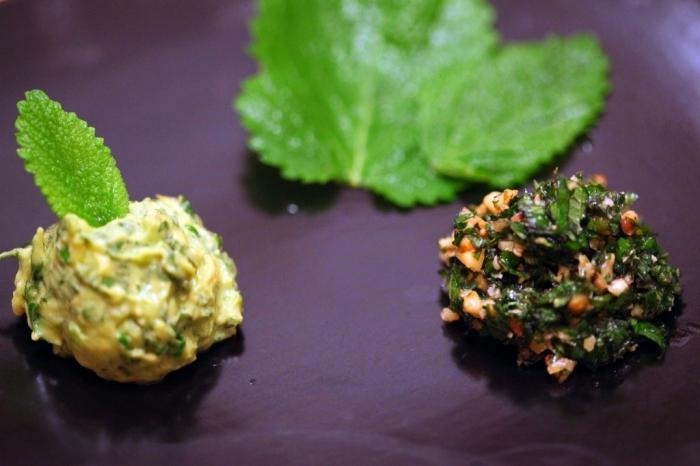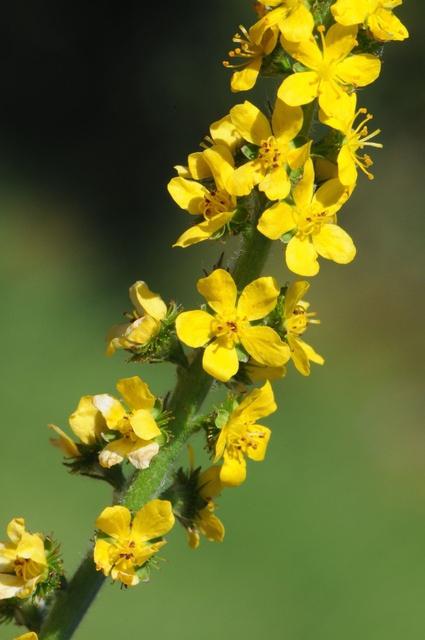Lemon balm: useful properties and contraindications
This spicy-aromatic herb is often found inkitchen gardens. Her love for a pleasant mint-lemon smell, healing properties. And just for the beauty. The plant melissa takes its place in any free corner of the garden-vegetable garden. Useful properties and contraindications, ways to use spicy grass - it's worth telling about everything in detail.

What is this plant?
She has many names: honeysuckle, bee mint, bee, rovnik, motherwort (it is clear that the bees are not indifferent to it!), lemon mint, lemon balm. Useful properties and aroma of the plant are appreciated not only by bees, but also by people, but more about this later. This perennial plant, reaching a height of 0.5-1 meter. Roots are strong, a bush branched. The leaves are rounded, carved along the edges, and the flowers are small, yellowish in color. It is unpretentious to grow: once settled in a corner of the garden, lingers there for a long time, and it will still have to be limited a little: our beloved balm will try to capture more space!

Useful properties and contraindications
Enumeration makes sense starting withcontraindications, because they are much smaller. First of all, it must be remembered that children should be given any herbal medicines with great care: one can never foresee how the children's organism reacts to such a powerful impact. No exception, and grass melissa. Useful properties of it are manifested among other things and with hypertension: teas and tinctures of lemon balm reduce blood pressure. So, it is contraindicated in people with low blood pressure. Further - melissa calms the nerves, relaxes, improves sleep. However, in cases where attention is required, when work or driving is to be done, it is necessary to forget about tea with fragrant melissa. Since this is an ethereal-oil plant, someone may have allergic reactions. In a word, the melissa is very selective in its action.
Useful properties and contraindicationsDisparate, so extensive is the list of diseases that this herb helps. Her healing power is largely due to the high content of essential oils in the leaves. It is rich in lemon balm and vitamins, especially vitamin C, carotene, rosemary and coffee acids, flavonoids, tannins.

What Melissa Treats
There are real fans of this herb that cansay: "And that only she does not heal!". Perhaps this is an exaggeration, but judge for yourself. About the fact that the herbal tinctures soothe the nervous system, already mentioned above. In the same way can relieve spasms in the muscles, stomach or intestines of lemon balm. Useful properties and contraindications, in this case also go side by side: the herb helps only in moderate doses, and with excessive use the effect can be reversed, that is, not sedative, but tonic. Diuretics and choleretic properties of lemon balm are widely used. With diabetes, teas from her leaves gently reduce blood sugar levels, at the same time pacify nervous shivers and heart palpitations, which often accompany the disease. With asthma lemon mint can normalize breathing. When anemia is also shown. With gouty pain, decoctions of melissa relieve the condition of patients. Melissa oil should always be at home in case of flu and colds, fever, herpes on the lips. We should not forget about home cooking: many people gladly use melissa grass as a spicy seasoning for food.









